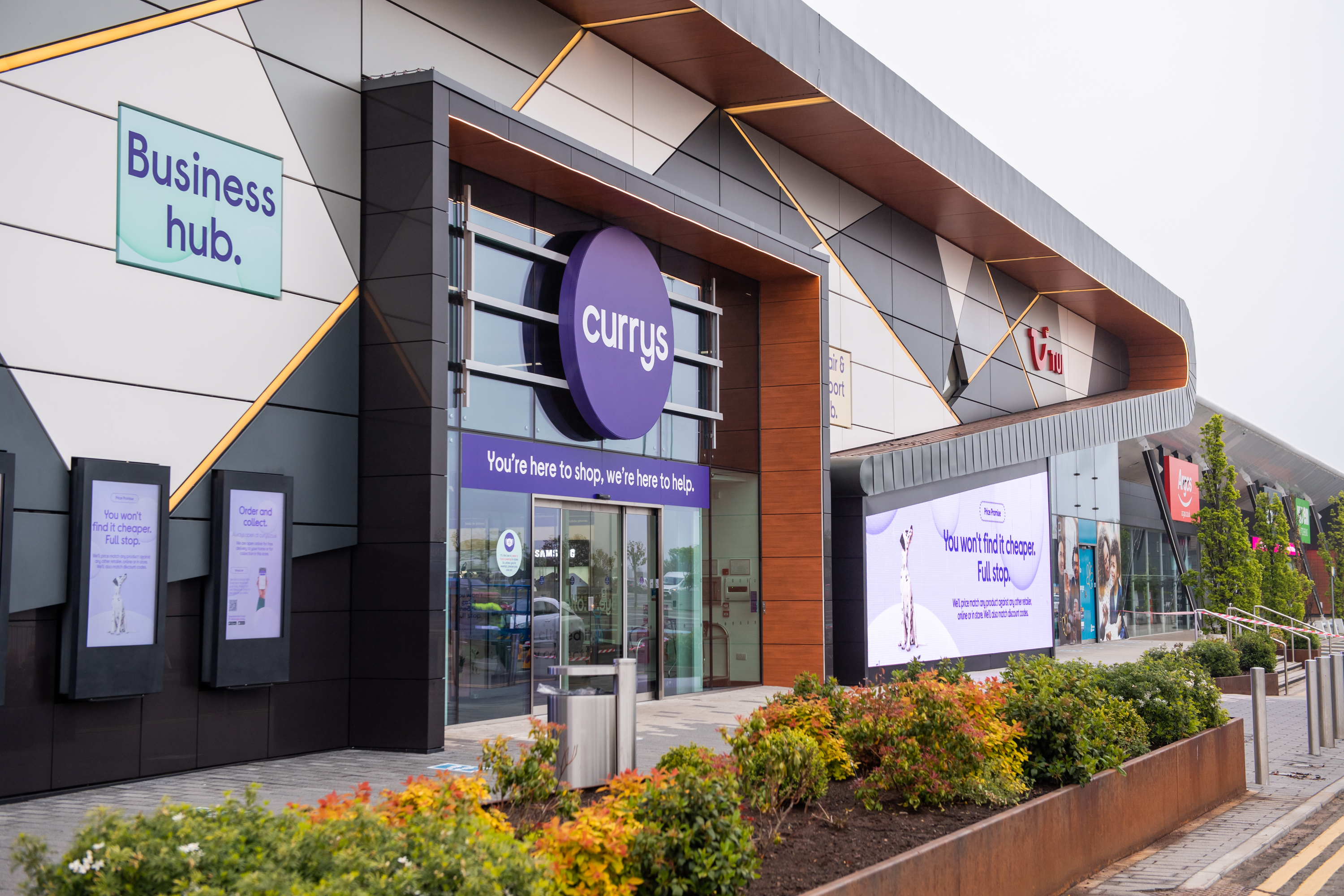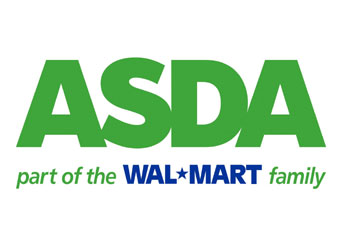Lenovo has partnered with Klarna to allow users in 15 European countries to choose Buy Now, Pay Later (BNPL) when purchasing products via its website.
Through the partnership, customers will be able to spread the cost of buying technology products using both BNPL and other flexible payment methods.
“This partnership means that our customers can spread the cost of Lenovo’s AI-enable and optimised devices, from powerful workstations to portable laptops, in easy-to-manage, interest-free instalments,” said Angus Cormie, director & general manager, EMEA e-commerce for Lenovo.
Lenovo has launched Klarna’s full range of payment products in Austria, Belgium, Denmark, Finland, France, Germany, Ireland, Italy, the Netherlands, Norway, Portugal, Spain, Sweden, Switzerland and the UK.
Last month, HM Treasury announced BNPL will come under the regulation of the Financial Conduct Authority (FCA) from 2026.
The government department said that new legislation will allow the regulator to apply rules on affordability, meaning that BNPL companies like Klarna and Clearpay will have to ensure that users of its services can afford repayments.
The announcement follows years of uncertainty about when BNPL regulation would be brought into law.
Earlier this month, Klarna partnered with John Lewis, allowing customers at the department store to pay using its services on its app and website.
When making a purchase, customers can now choose to check out using Klarna’s interest-free Pay in 3 product, which allows shoppers to spread the cost of their purchases over 60 days.
Speaking about the company’s new partnership with Lenovo, Raji Behal, head of Western and Southern Europe, UK & Ireland at Klarna said: “This is massive news for lovers of high tech and haters of hidden fees and high interest. Now consumers can spread the cost of their tech essentials without paying record high interest to the big banks.”
Latest News
-
Modella plans restructuring of TG Jones estate
-
Pepco Group launches app in Poland
-
Topshop holds ‘world’s first’ AI-driven shoppable fashion show
-
Locker firm warns failed deliveries are draining UK shoppers’ time and wellbeing
-
Ocado to cut 1,000 jobs in £150m overhaul
-
Asda to rebrand 10 Asda Living stores into George
Beyond Channels: Redefining retail with Unified Commerce
This Retail Systems fireside chat with Nikki Baird, Vice President, Strategy & Product at Aptos will explore how unified commerce strategies enable retailers to tear down these barriers and unlock new levels of operational agility and customer satisfaction.
The future of self-checkout: Building a system that works for consumers and retailers
In this webinar, industry leaders discussed what the future of self-checkout looks like and how retailers can make the technology work for everyone.
© 2024 Perspective Publishing Privacy & Cookies



.png)








Recent Stories